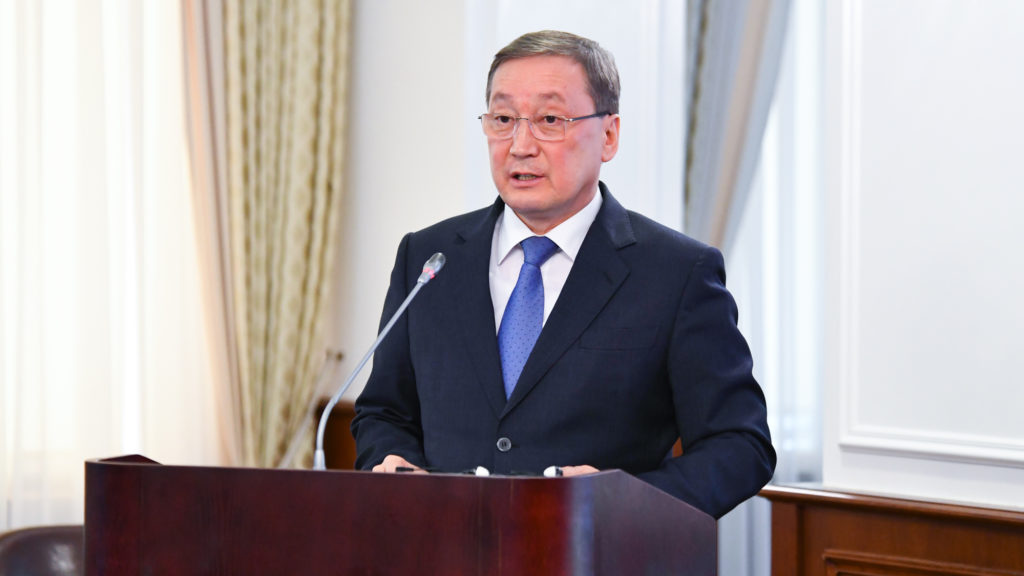ASTANA – The Ministry of Industry and Infrastructure Development has implemented an Economy of Simple Things, a new programme focused on developing light manufacturing and the construction and furniture industries. The ministry plans to create 16,000 new jobs by 2025 and reduce imports from 59 to 37 percent.
Approximately 400 billion tenge (US$1 billion) will be allocated to support manufacturing, said Prime Minister Askar Mamin on March 5. Developing and supporting business projects under the programme will bring 1.1 trillion tenge (US$2.9 billion) in taxes to the budget.
“Roadmaps for the development of these industries have been developed to solve these problems. They envisage measures to develop the resource base, protect the domestic market by improving the measures of customs administration and technical regulation and create national standards aimed at improving the quality of goods and services,” said Minister of Industry and Infrastructure Development Roman Sklyar.
The government is planning a 20-percent annual increase in the share of purchases from domestic producers. The manufacturers will be required to confirm their production capacity through a special industrial certificate.
In addition, the government will take corresponding measures to improve representing domestic goods in retail chains, provide enterprises with highly qualified personnel and attract investments in the three industries to implement advanced technology projects.
The roadmap will organise more than 150 events, which in the medium term will increase the share of local manufactured goods up to 50 percent. The quality of products will increase, while decreasing the volume of counterfeit products.
“The implementation of the proposed measures will allow increasing the production of construction materials and products of the light and furniture industries by 73 billion tenge (US$190.7 million) annually,” said Sklyar.
Similar funding will be provided for the country’s agricultural and industrial complex, where the main task is to ensure food security and the most important component is the food industry, noted Minister of Agriculture Saparkhan Omarov. To that end, the ministry has allocated 200 billion tenge (US$529 million) to lend to the complex. The funds will be provided to produce approximately 118 priority types of processed agricultural products. The money will be divided evenly between loans for agricultural product processing and producing raw materials for the food and manufacturing industries.

